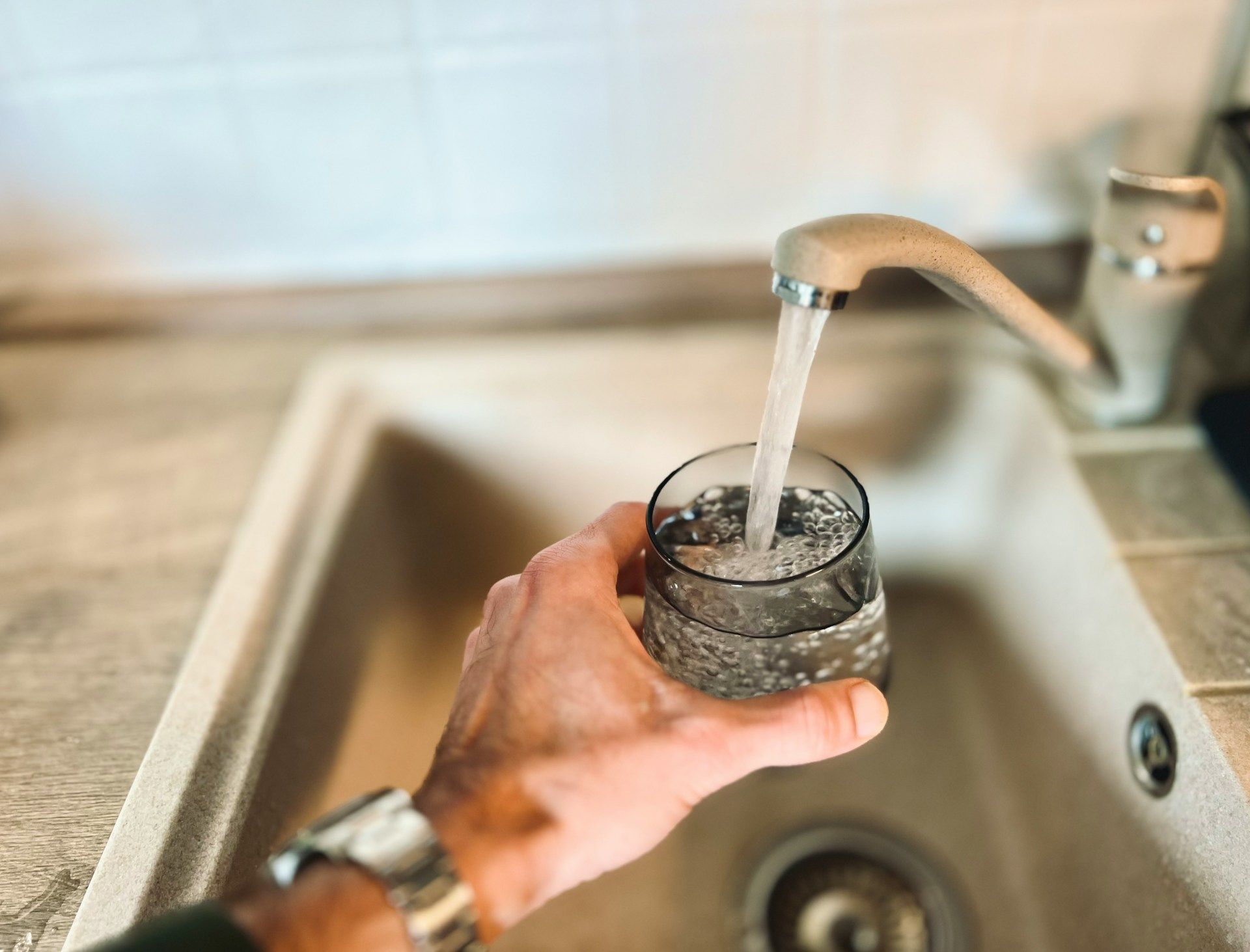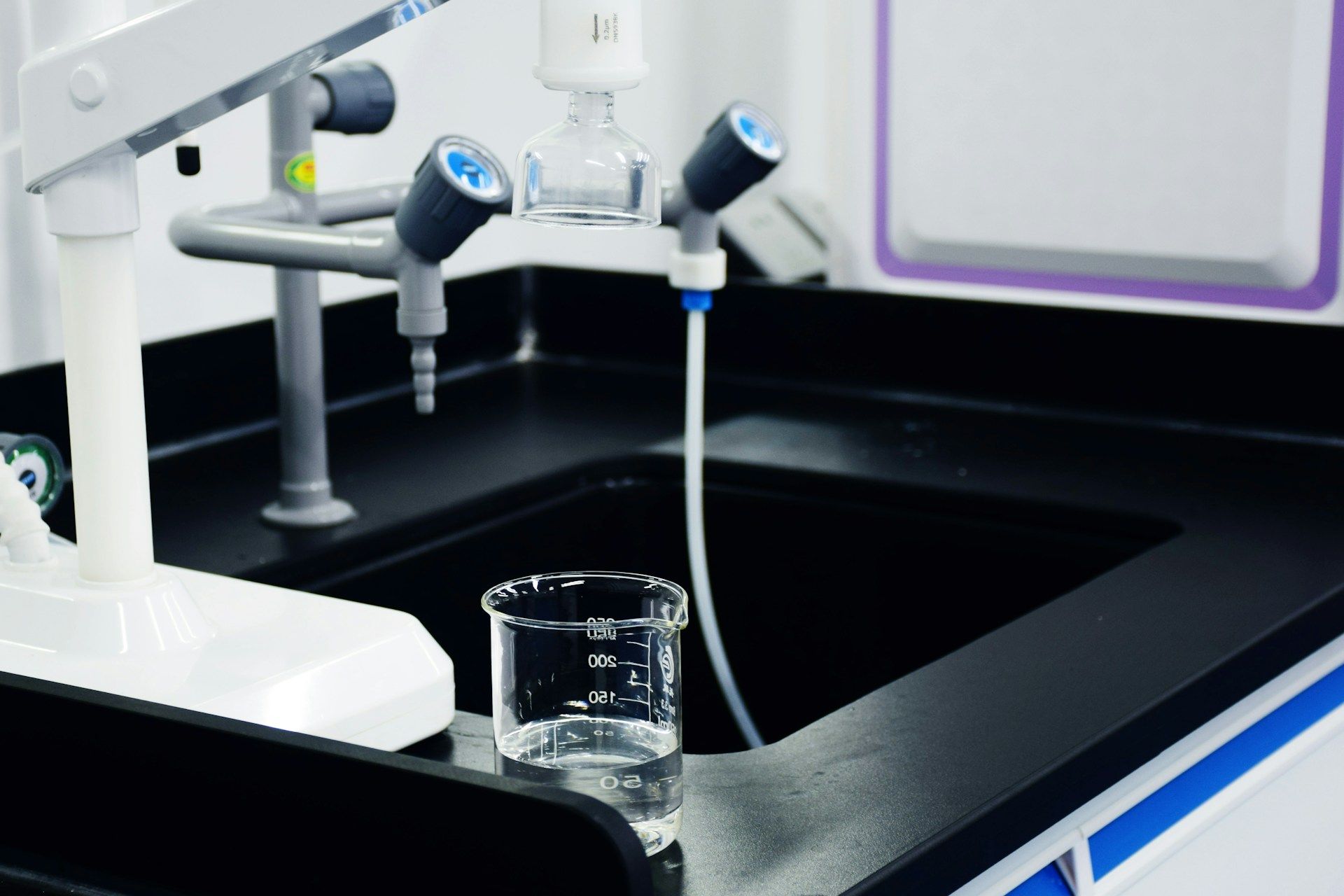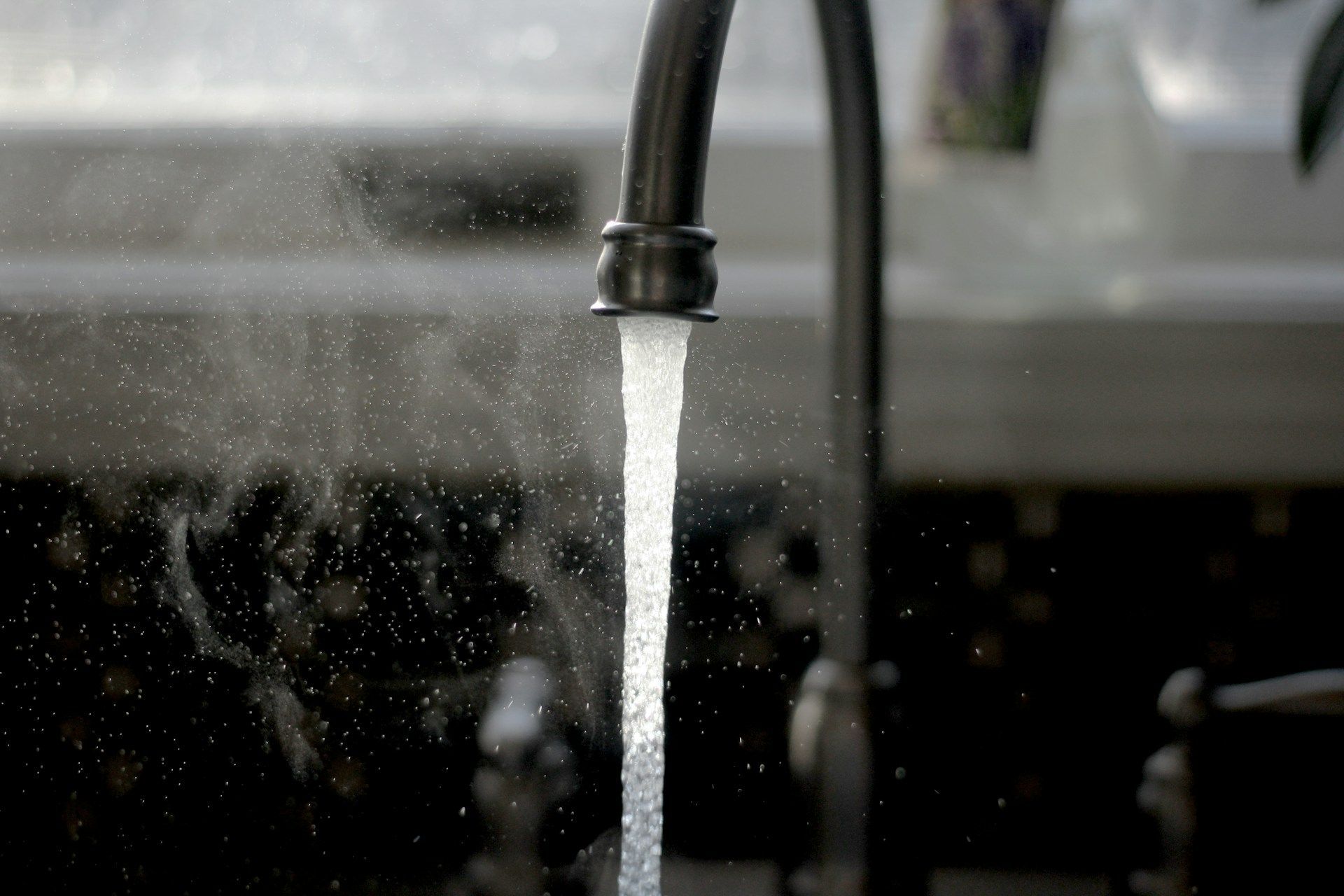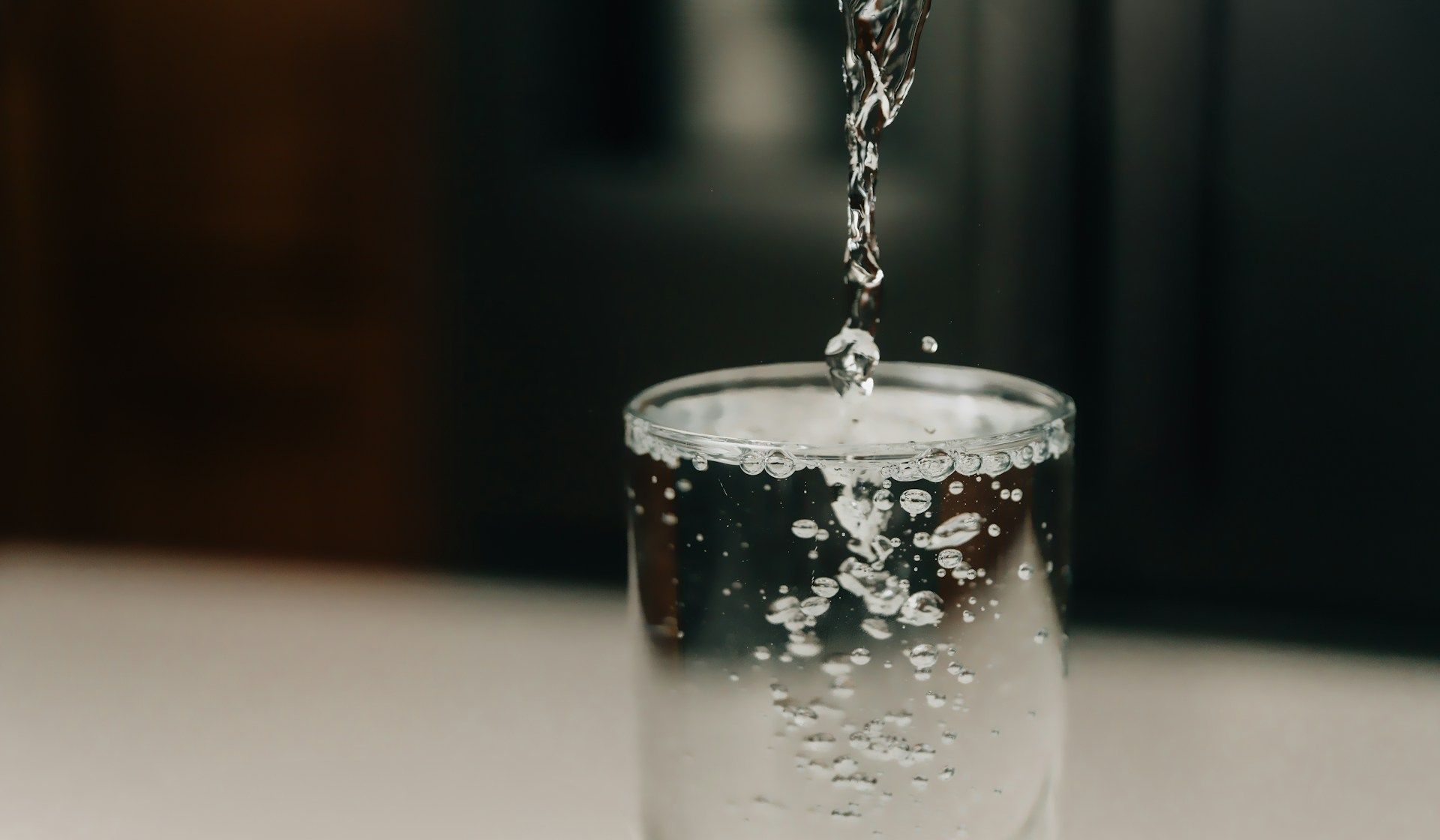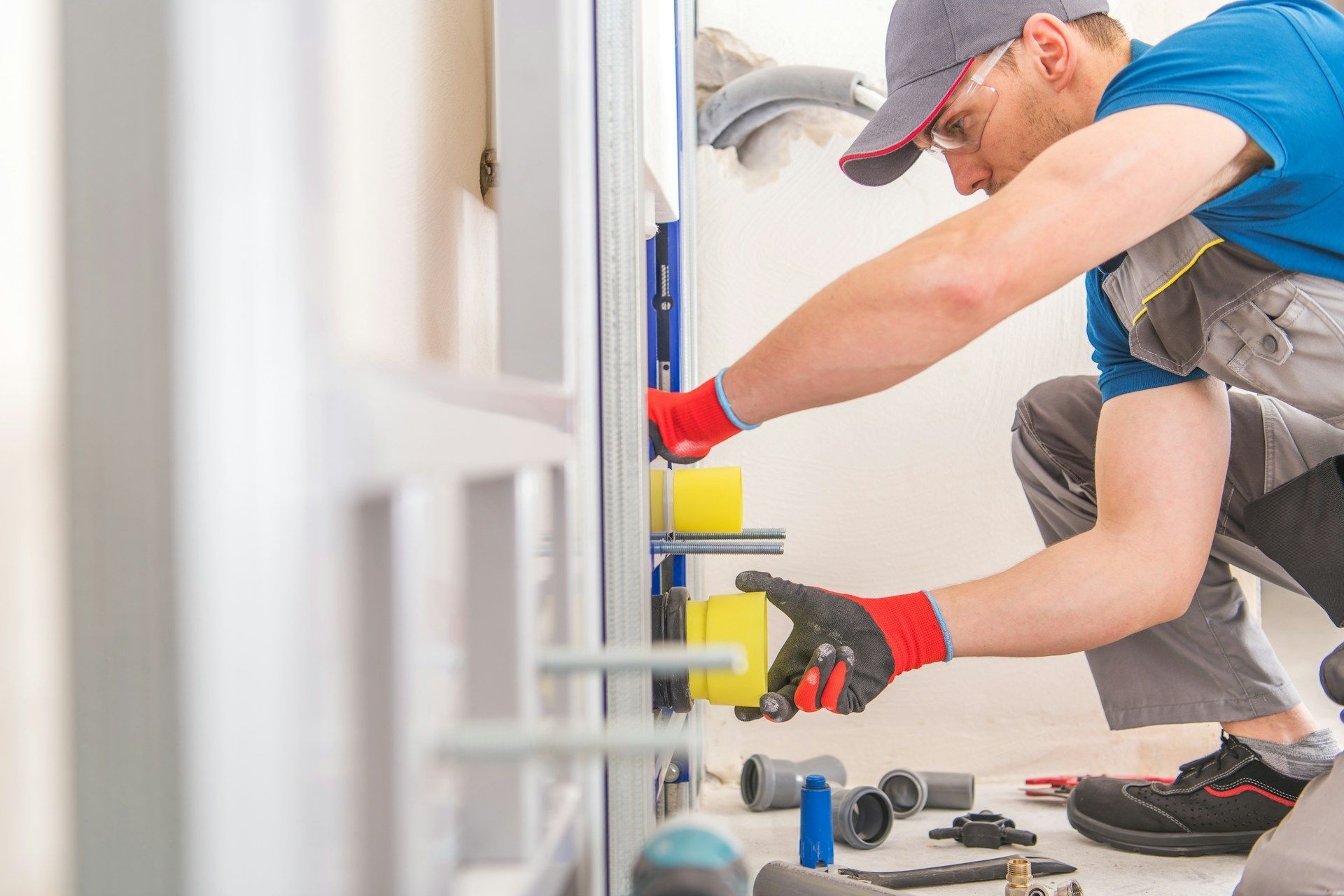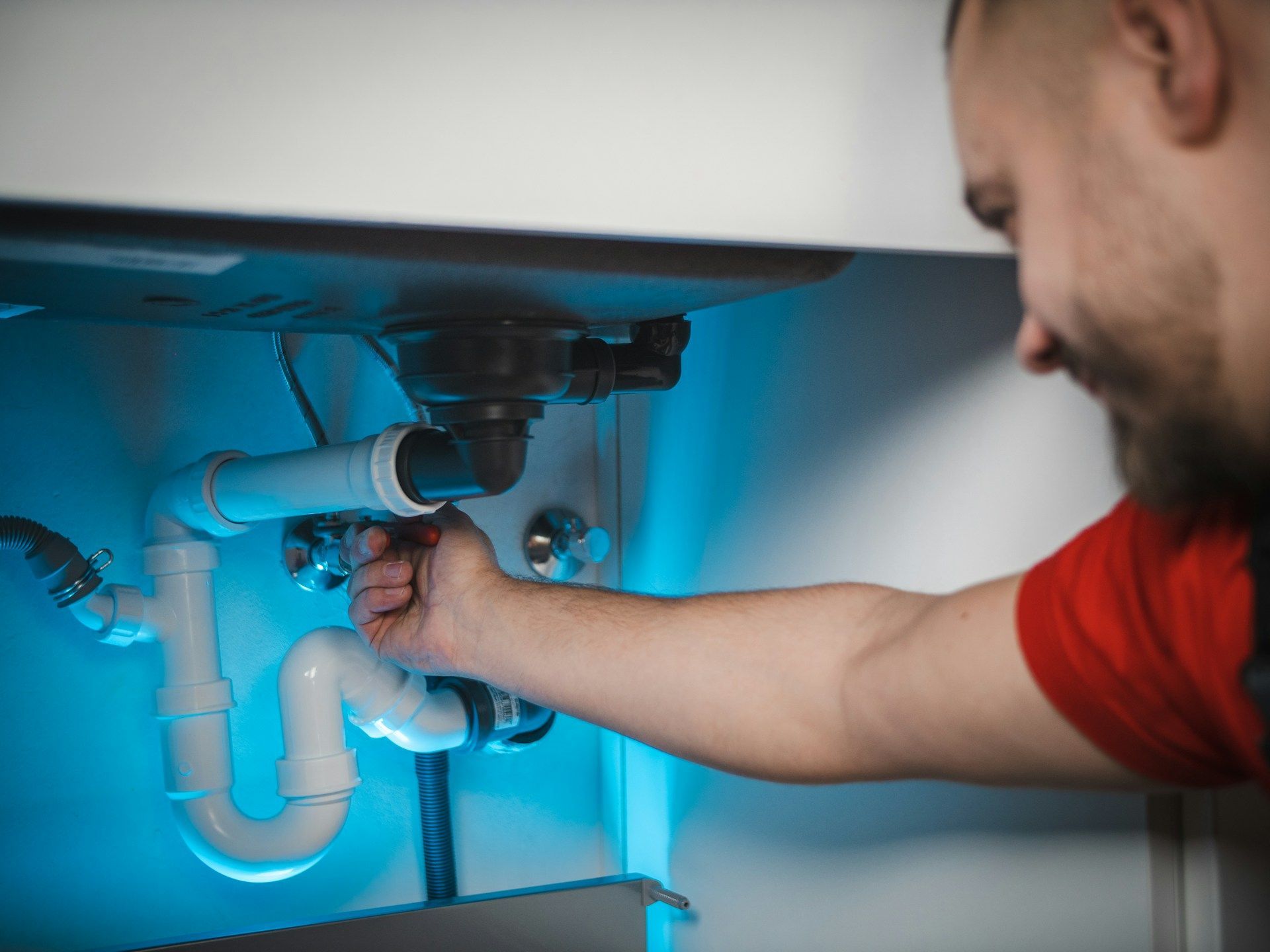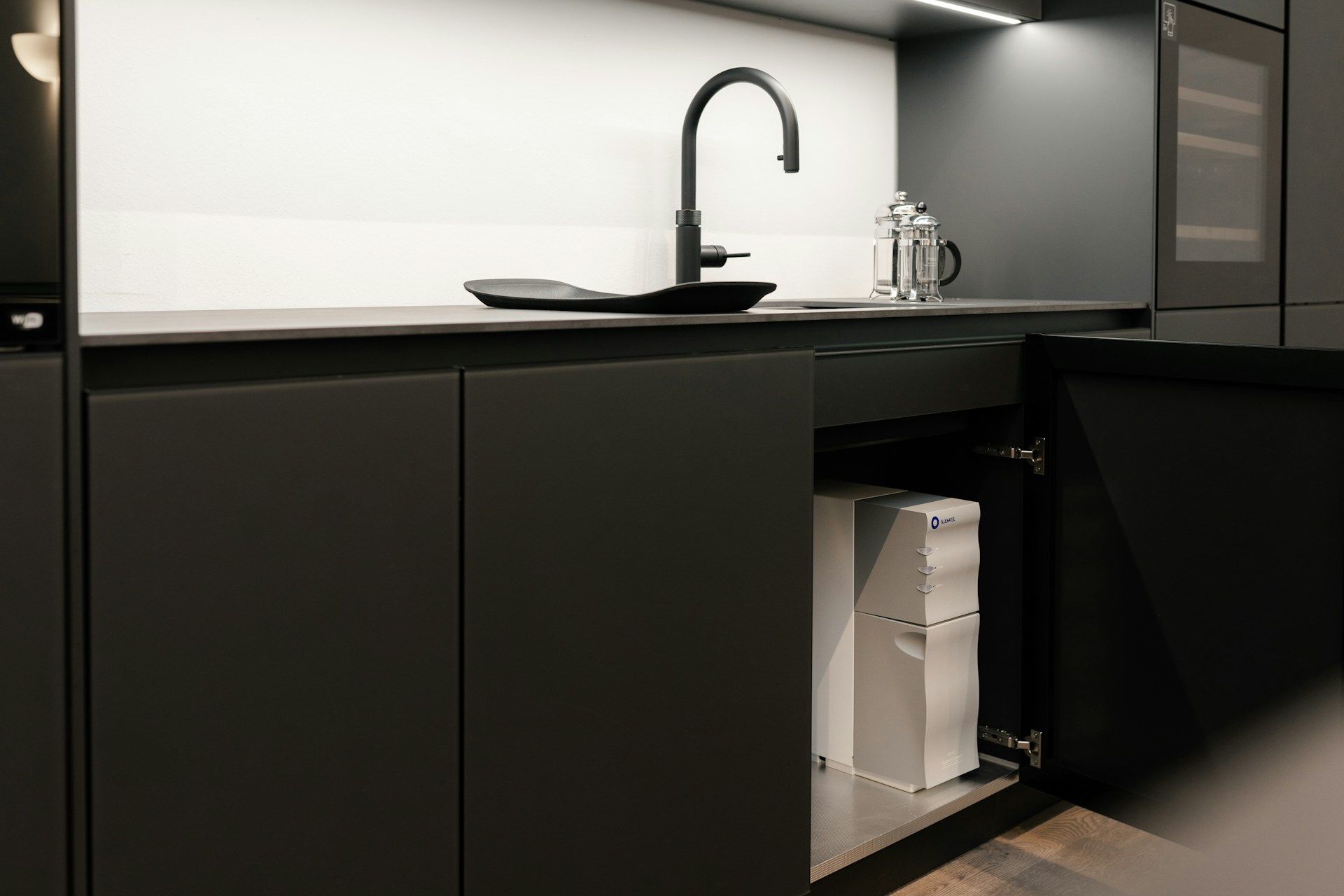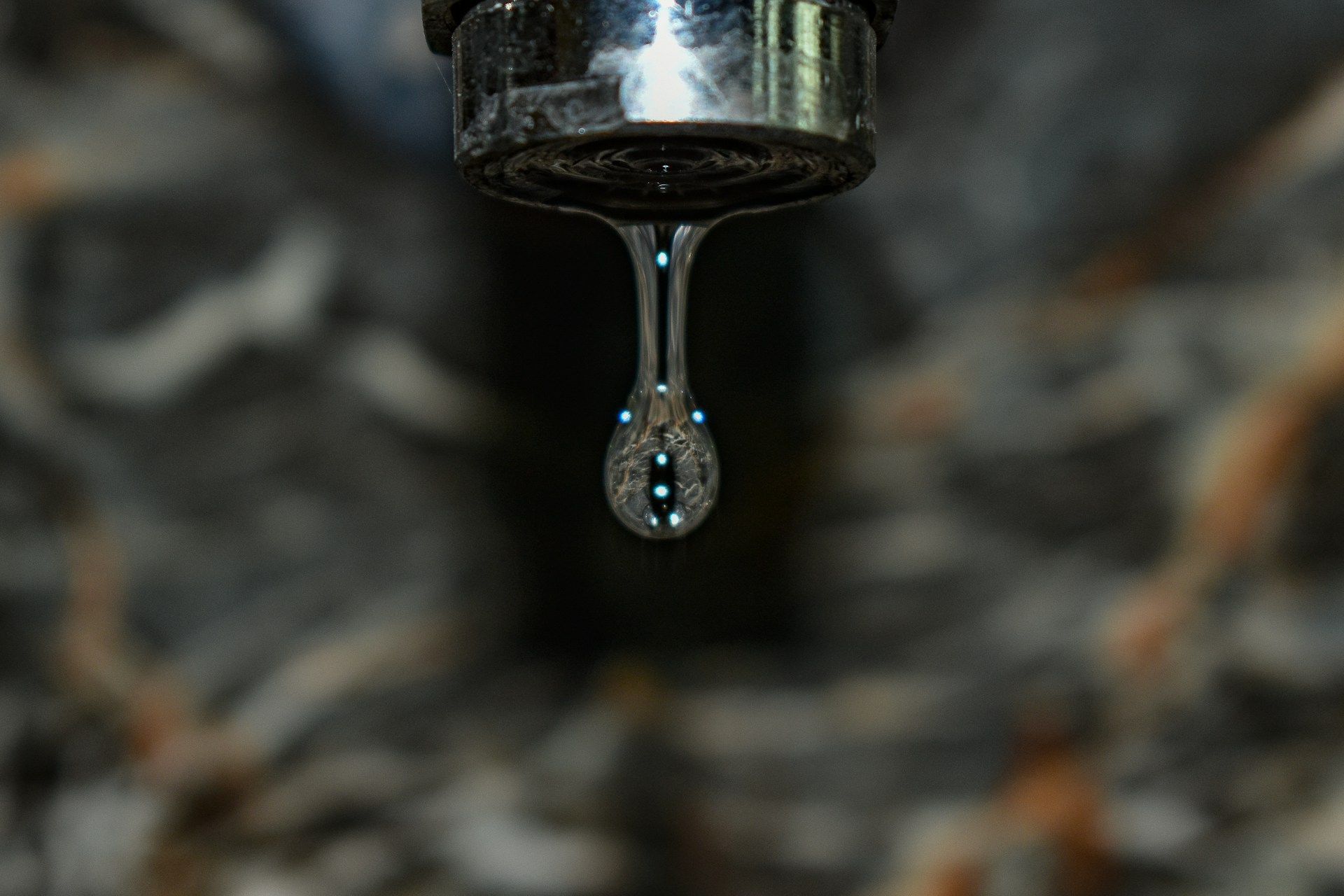Why Your Park City Water Softener Makes Unusual Noises
If your water softener has started making strange sounds, you're not imagining things. Whether it’s a quiet hum or a loud bang that echoes through the pipes, unusual noises coming from your system can be unsettling. In Park City homes, where water quality can shift with changes in pressure and mineral content, small issues can sometimes cause unexpected sounds. Even if the system still seems to be working, ignoring those noises could lead to bigger and more expensive problems down the line.
Catching these odd sounds early on can help protect the health of your system and save you from future repairs. A water softener is meant to be one of the quieter appliances in your home. When it speaks up, it’s often trying to tell you something’s off. This guide can help pinpoint what those noises might mean and how Park City homeowners can stay on top of them.
Common Types of Water Softener Noises
Not every sound a water softener makes means something is wrong. Some noise is normal during daily use, especially when the system is going through its regeneration cycle. But it helps to know what’s typical and what could be a sign of a problem.
Here are some of the most common water softener noises and what they usually sound like:
- Banging: A sharp, loud noise that often comes from pipes moving or hitting walls, commonly caused by sudden changes in water flow.
- Humming or buzzing: Usually from the motor in operation. If the hum is louder than usual or doesn’t stop, it might signal a worn part or misaligned motor.
- Clicking: Quick, repetitive tapping often comes from internal gears. If the clicking is louder than normal or sounds inconsistent, it might point to a loose component or debris inside.
- Hissing: A quiet hiss usually means there’s air trapped somewhere in the system or in nearby plumbing.
If any of these noises sound familiar, the next step is to understand where they’re coming from and what might be causing them.
Why Water Softeners Make Unusual Noises
A few common culprits usually lead to noisy water softeners. From worn parts to trapped air pockets, each sound often points to a specific issue. Knowing what these sounds mean can help you figure out if a quick check will do or if you need help from a technician.
1. Water hammer
Sudden water stoppage can send a shockwave through your pipes. This results in that loud, banging noise. Water hammer can happen when the water softener shuts a valve too quickly or if your home’s pressure is unusually high. A water hammer arrestor or adjusting your water pressure may help fix this.
2. Resin bead movement
Water softeners use small beads to pull minerals out of the water. During regeneration, these beads shift around and might click a little. A louder clicking or rattling noise could mean the beads are clumping together or have debris mixed in.
3. Motor or valve issues
Motors and valves handle most of the heavy lifting, especially during the regeneration cycle. Over time, they can wear out or get jammed. When this happens, you might hear louder buzzing, humming, or rhythmic clicking. These sounds that continue well outside of a cycle may be a sign of trouble.
4. Trapped air
Air caught in the lines or system can cause hissing or gurgling as water pushes past. This happens frequently after installation or plumbing work. Letting water flow through the system to release that air can help clear up the sound.
Each of these sounds points to something specific, and keeping track of when and how long the noise happens helps when trying to find the source.
Steps to Troubleshoot and Quiet Your Water Softener
If you're dealing with odd noises from your water softener, there are a few basic checks you can do. While some issues will need a technician, these steps may help you figure out the cause ahead of time. Before starting any inspection, shut off the water supply and unplug the unit for safety.
1. Check your settings
Make sure the system is set to regenerate properly. A timer that’s off or a system that runs too often might strain parts, causing extra noise. Resetting the system to factory settings can help.
2. Inspect for debris or blockages
Check the brine tank for built-up salt or gunk. Sediment can clog lines, valves, or other internal areas, which can lead to clicking, grinding, or inconsistent sounds.
3. Tighten loose parts
The system may shake a bit when it runs. Over time, bolts and connectors can loosen, especially on the bypass valve and drain line. Tightening these can help reduce rattling or knocking noises.
4. Bleed air from the lines
Open a cold-water faucet near the softener and let it run until all spurting or hissing stops. That helps purge extra air from the lines and clears up the related sounds.
5. Listen during the regeneration cycle
Set your system to manually start a regeneration and take note of the sounds at each stage. Unusual thuds or loud grinding sounds during this cycle are a strong sign that a part may be out of place or failing.
While some noises may fade as your system adjusts or after a recent service, others won’t. If anything seems worse or longer-lasting than expected, it’s time to move on to a professional inspection.
When It's Better to Bring in a Pro
Many problems with noisy softeners go deeper than what you can see from the outside. If your system is still acting up after checks and resets, a trained technician is your next step.
You should schedule service if:
- The softener seems to cycle continuously or miss cycles
- Water pressure in your house has dropped
- You notice leaks or rust-colored stains near the unit
- New and unfamiliar noises keep appearing
Some of these signs like water hammer can affect other plumbing systems, not just the softener. Waiting too long can lead to worn pump seals or damage to nearby fixtures. It’s also possible that what looks like a softener issue may be a plumbing problem in disguise. A professional can tell the difference and solve the right problem.
Keep Your Water Softener Working Quietly
Most odd water softener sounds come from normal wear or small issues that have gone unchecked for a while. With regular servicing, salt level checks, and simple system cleanings, these noises can be kept to a minimum. A properly maintained softener should run quietly and reliably without drawing attention to itself.
Homeowners in Park City know how important it is to keep systems running smoothly, especially when water conditions fluctuate with the seasons. Staying ahead of any odd noises helps protect the performance of your softener and keeps your home’s water comfortable and consistent.
If your water softener starts speaking up, take note of what you hear. That simple action could be the difference between a quick tune-up and a complete system replacement later on.
To keep your water softener working quietly and efficiently, schedule routine maintenance and inspections. If you're experiencing noise issues or other concerns, learn how Water Science can help by exploring our water softener in Park City service.



